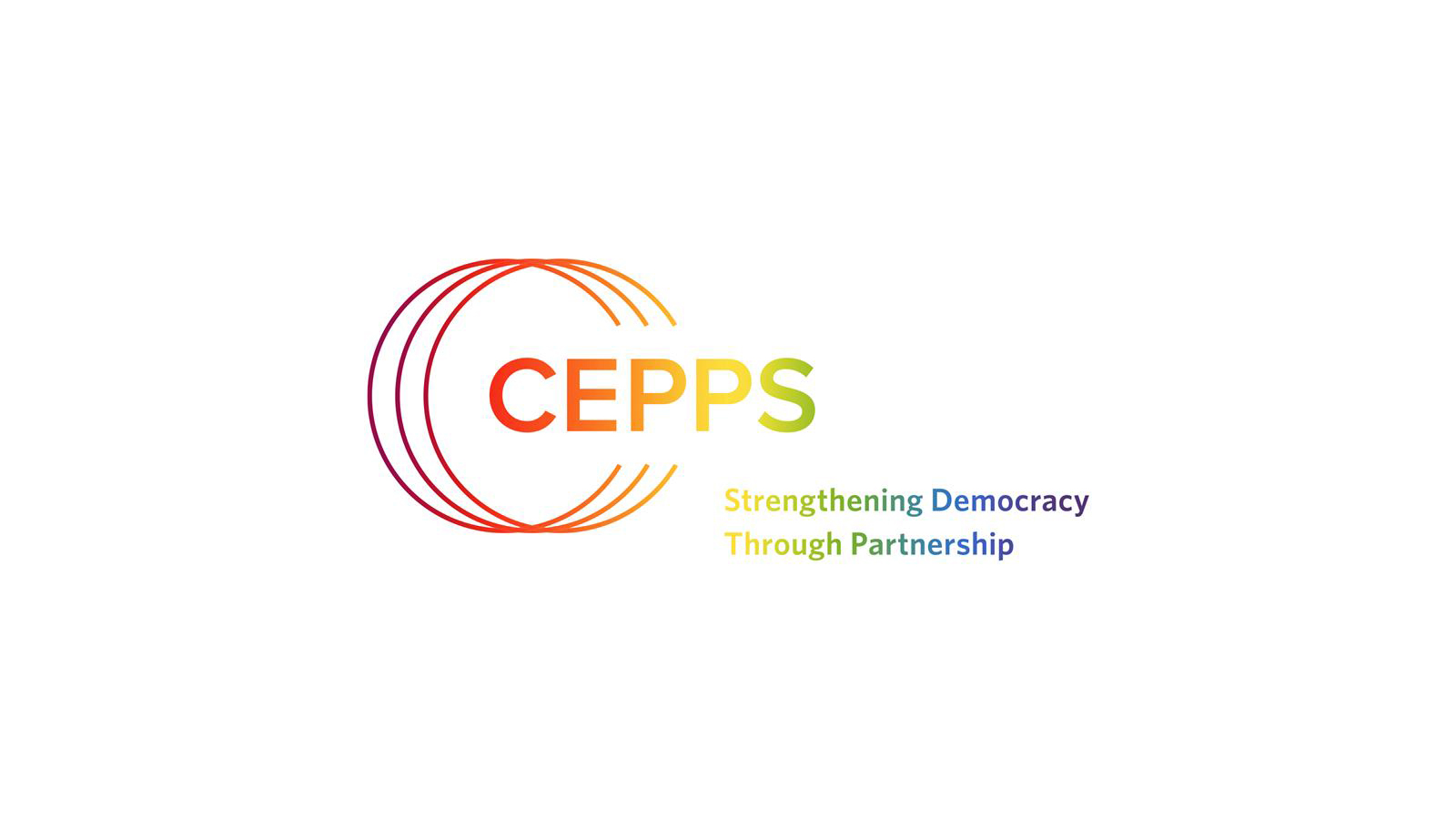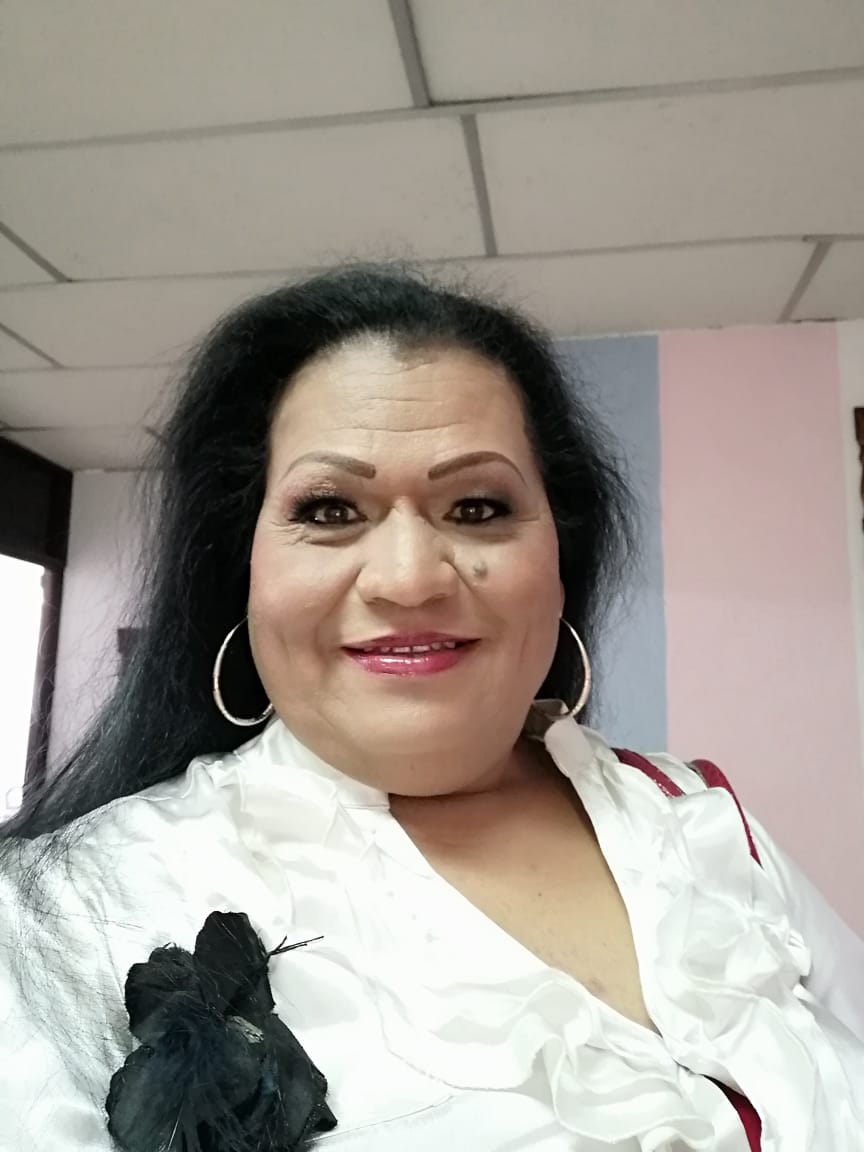Promoting LGBTI Rights in Guatemala

The Consortium for Elections and Political Process Strengthening (CEPPS) pools the expertise of its three core partners: the International Republican Institute (IRI), the International Foundation for Electoral Systems (IFES) and the National Democratic Institute (NDI). CEPPS has a 25-year track record of collaboration and leadership in democracy, human rights and governance support, adopting new approaches and tools based on the ever-evolving technological landscape. CEPPS is currently implementing USAID’s Global Elections and Transitions (GEPT) award.
This month, CEPPS is celebrating #CEPPSGlobalPride2020! In support of our global commitment to the empowerment and inclusion of marginalized populations in political processes, we’re recognizing the essential work of CEPPS partners to support LGBTI inclusion and equality.
In this series, we’re highlighting some of our partners around the world who are on the frontlines of fighting for LGBTI equality and inclusion in democracy and governance. Debby Marcella Maya Linares Sandoval (she/her/hers) is a member of the Guatemalan organization Trans Queens of the Night or Organización Trans Reinas de la Noche (OTRANS-RN). With a focus on transwomens’ health rights, OTRANS-RN supports the operation of the Transvivir GT clinic, one of the first in Central America with a comprehensive health approach for transwomen. The organization also works on transwomens’ rights to education, work, migration, and housing.

Describe some of the main challenges to political participation that lesbian, gay, bisexual, transgender and intersex (LGBTI) people in your country face?
It is important to emphasize that the biggest problem is that we have a sexist, patriarchal, oppressive, non-inclusive and religiously fundamentalist state. We must not forget that the State is secular and based on law; but the power structures as they are violate the Lesbian, Gay, Bisexual and Trans (LGBT) communities in a systematic way because of LGBT sexual orientation and gender identity. This prevents public participation of LGBTI communities in political parties (left and right), which therefore prevents them from participating in democratic elections at the national level.
How is your organization working to address these barriers/challenges and to eliminate discrimination against LGBTI people in your country?
Strengthening the community’s knowledge base on human rights, seeking strategic alliances and publicly and legally denouncing the violation of human rights to be able to eliminate stigma and discrimination as social diseases.
How has COVID-19 affected LGBTI political participation in your country and how are/how should governments and organizations respond?
We are excluded from the current government’s social programs, and so the political strategies to counteract this COVID-19 pandemic are not comprehensive. From the Trans Queens of the Night Organization (OTRANS-RN) we have carried out prevention campaigns for COIVD-19, especially for transgender women sex workers who risk their lives on the streets every day. We have also carried out campaigns to collect food aid to help mitigate the needs of some transwomen.
What transformative opportunities for LGBTI inclusion might this global pandemic provide?
- To make visible where democracy owes a debt to us. LGBTI communities, especially transwomen, have created historical inclusion.
- To strengthen capacities through new information and communication technologies by means of virtual discussion forums and strengthening of social networks, among others.
- Strategic alliances with other social movements, strengthening the same needs and solutions in human, political, social and cultural rights.
What does Pride mean to you and/or your organization?
To recognize the historical memory of transwomen like Marsha P. Johnson and Sylvia Rivera, two of the participants in the Stonewalll riots of June 28th 1969 who defended the human rights of LGBTI people at all costs and who were dignified representatives of transwomen. Pride means a celebration of dignified life without sexual taboos, and it means the recognition of gender identity!
Top